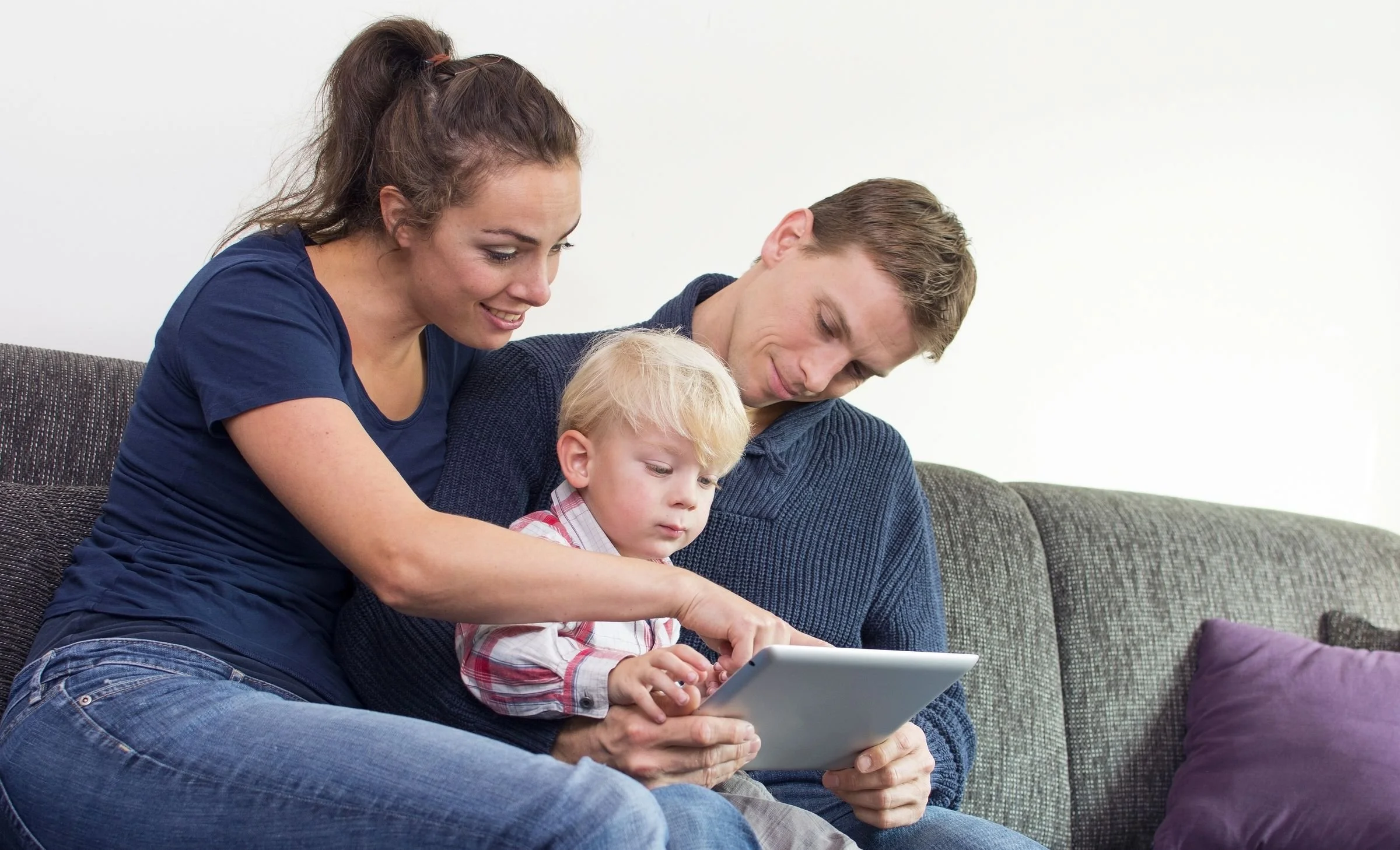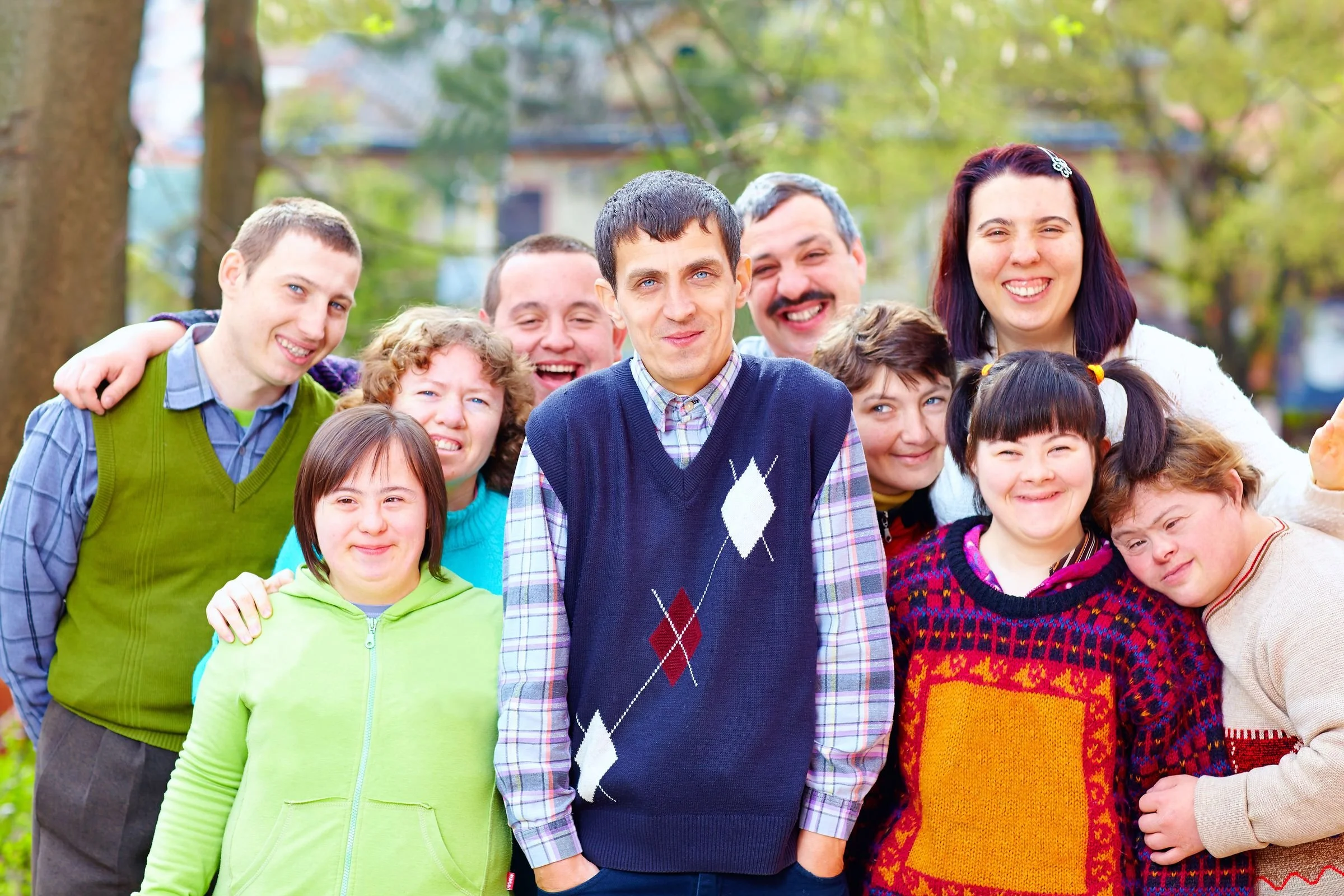
Help Kids Talk with AAC Apps and Speech Therapy
Some kids have a hard time talking. That’s okay—there are special tools to help! One of those tools is called an AAC app.

How Speech Therapy Helps Kids Learn to Talk and Grow
Some kids have a hard time talking. They may not say many words or might mix up sounds. That can feel frustrating—for the kids and their parents. But speech therapy can help!

Unlock the Power of Speech: Accessing Speech Therapy for Adults with Special Needs through Private Health Insurance
Wondering if insurance pays for speech therapy? You’re not the only one.

What Is Cognitive Speech Therapy?
Cognitive speech therapy is a type of treatment that helps people improve both their thinking and communication skills.

Is It Hard to Swallow? A Test Called FEES Can Help
Sometimes, people have trouble swallowing food or drinks. This is called dysphagia (say: dis-FAY-juh). It can happen to kids or grown-ups.

Mastering the R Sound: Understanding Prevocalic vs Post-Vocalic R
The “R” sound can be tricky for children because it changes depending on where it appears in a word.

What is a Language Difference vs. a Disorder? A guide for Long Island families
This guide is designed to help families understand the important distinction between a language difference and a language disorder, and what steps to take if concerns arise.
